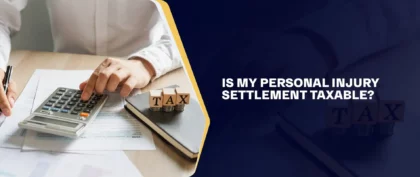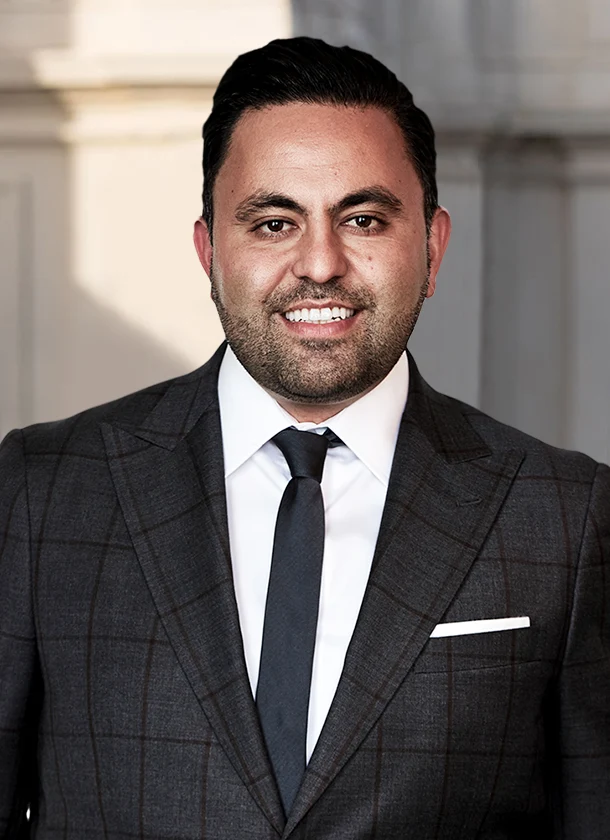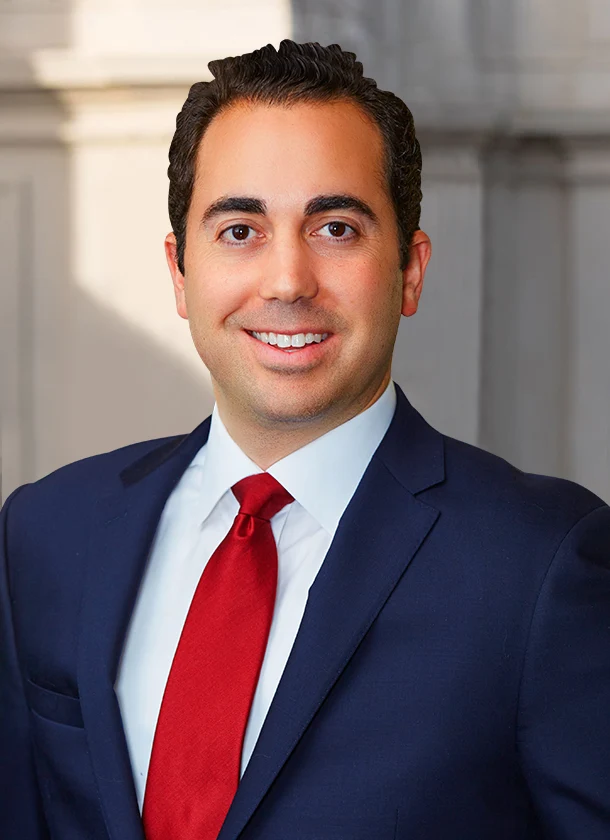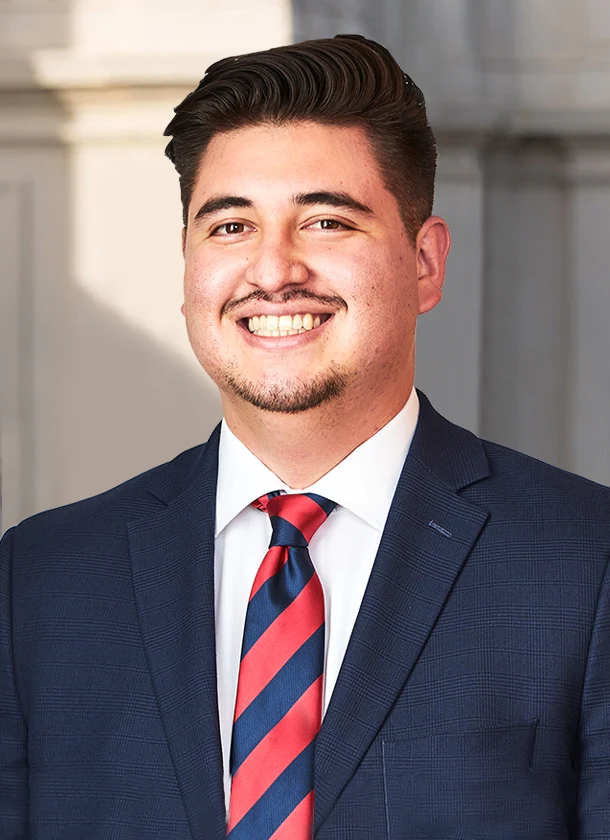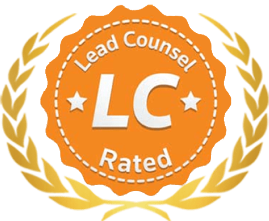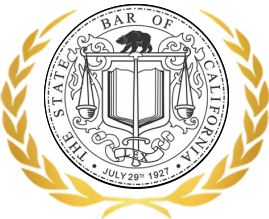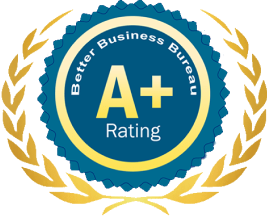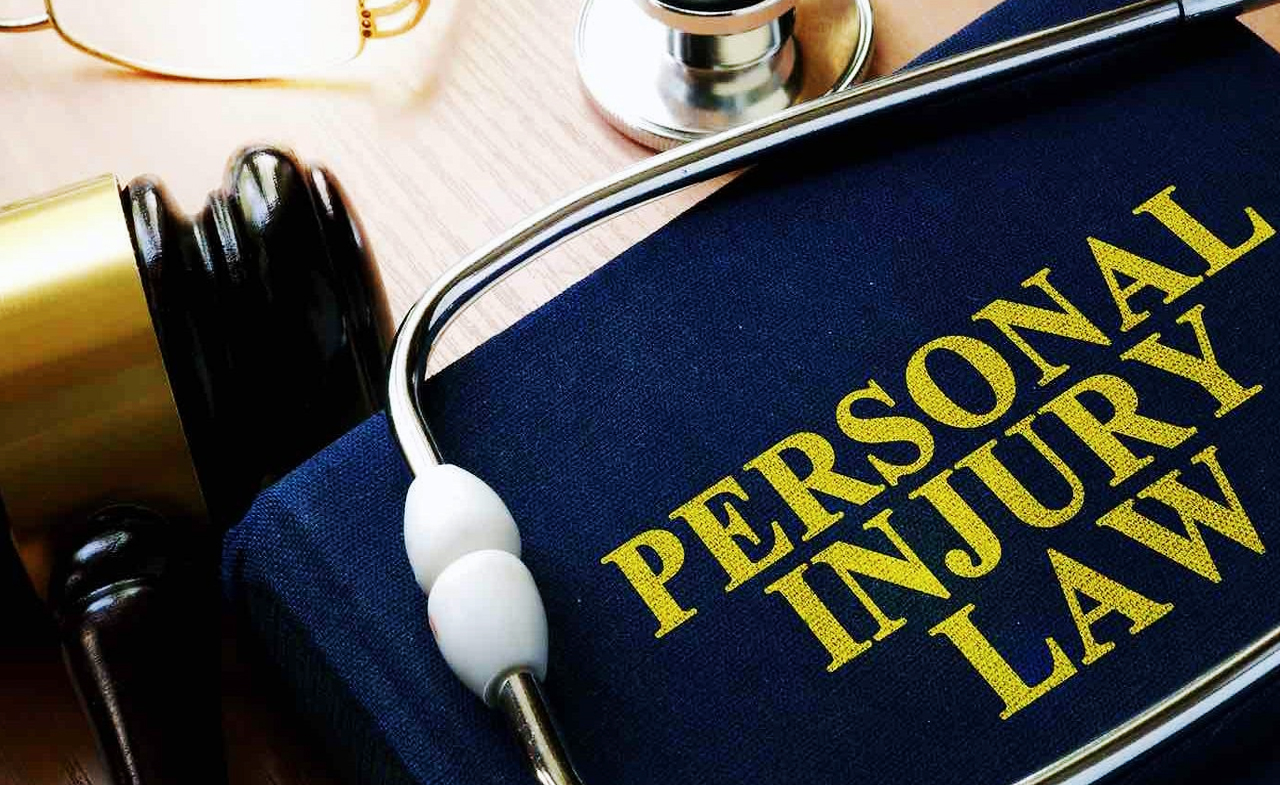
How Do I Know If I Have a Claim?
To prove a personal injury claim, a plaintiff must be able to prove four separate elements of the case:
Duty
To bring a suit for negligence, the defendant must owe the plaintiff a duty of care. The law recognizes a duty of care in many different situations. Drivers owe a duty of care to other road users, doctors owe a duty of care to their patients, and retail property owners owe a duty of care to customers who enter their stores. The general level of care that is due is that of the “reasonably prudent person” in similar circumstances. So a doctor, for example, must treat a patient with the same level of care that another reasonably prudent doctor would use when presented with the same case. Drivers must also act as a “reasonably prudent” driver would in the same traffic scenario. Sometimes there is an applicable traffic law that makes it easy to determine whether a driver was reasonably careful.
In many cases, there is more than one defendant that owed a duty of care to the plaintiff. A car accident, for example, could be caused by multiple drivers. For example, a manufacturer that produced a defective vehicle could be held liable for a car crash. It is important to consult with a personal injury lawyer about your particular case to ensure that all potential defendants are involved in your case.
 Breach
Breach
A breach of the duty of care is known as negligence. An individual or company that is negligent must compensate victims for all injuries and losses caused by this negligence. This fact is why states require drivers to carry liability insurance – many road accidents occur every day, and the damage caused by these accidents can get very expensive very quickly. Of course, negligence does not only occur on the roads. It can occur on construction sites or in the workplace. It can occur when a store leaves a puddle for a customer to slip on. It can occur when a nursing home allows staff members to abuse or neglect its residents. Many everyday situations can constitute a breach of the duty of care.
Causation
Negligent individuals and companies must compensate injury victims for all losses that they cause. Sometimes causation is an obvious issue. But with injuries, causation can be more complicated. What if the victim had an underlying medical condition that complicated his or her recovery? What if the victim was involved in two separate accidents involving two separate negligent drivers? In these cases, the insurance company might deny that they are responsible for some or all of the victim’s medical bills. They will also try to deny compensation for pain and suffering. Because pain and suffering are often the largest components of a personal injury award, pain and suffering awards can affect your legal rights drastically. It is important to hire an experienced personal injury lawyer who knows how to handle challenging issues of causation.
Damages
To be compensated, an injury victim must prove that he or she suffered damages as a result of the defendant’s negligence. That can include tangible losses (such as medical bills or lost wages) and intangible losses (such as pain and suffering). There are many types of losses you might suffer as a result of your personal injury. A good lawyer will be able to help you find and prove these losses to protect your legal right to compensation for all of them.
Comparative Negligence in California
California follows rules of comparative negligence. Comparative negligence allows an insurance company or jury to apportion fault between two or more parties. In a car accident, for example, two drivers could be found fifty percent at fault for causing an accident. Or a construction accident could be 20 percent the fault of a foreman, and 80 percent the fault of the manufacturer that made a defective crane. When courts assess liability among various defendants, each defendant is only liable for compensating that portion of damages that he or she caused. In the fifty-fifty example, each driver could recover half of his or her damages from the other.
Comparative negligence also means that an injury victim can be partly at fault for causing his or her injuries. California law still allows injury victims to seek compensation from a negligent defendant, even if they were partly responsible for the accident. But your compensation will be reduced by your portion of fault. Because of this, insurance companies like to claim that victims are partly at fault for their injuries. When they do, it reduces the amount of compensation that they must pay on the claim. Do not let the other driver’s insurance company try to blame you for an accident you did not cause. Your attorney can stop this by proving who was actually at fault for causing the accident.
Suing a Government Entity
In some cases, a government entity is responsible for causing your injuries. For example, an agency could be liable for an accident caused by a negligent city bus driver. Or perhaps the county left a gaping work hole in the road that drivers could not avoid. Maybe a public college campus negligently maintained its grounds, causing a visitor to slip and fall. In all these cases, the injury victim might have a claim against the government.
There are special legal rules that apply to these cases. In some cases, the government will be immune from personal injury claims and ask for a court to dismiss your case entirely. Even if you can bring a claim against the government, there are special notice requirements. You must alert the government agency of your claim well before the statute of limitations has run. If you fail to do so, a court can dismiss your claim against the government altogether, and you will receive no compensation from that agency.
The skilled California personal injury lawyers at Arash Law have experience in handling personal injury claims against government entities. Hiring an experienced lawyer will protect your legal right to compensation and ensure that you meet all procedural requirements.
How Much Does a Personal Injury Lawyer Charge?

If it is necessary to file a lawsuit in your case, the work performed by your lawyer is more complex and time-consuming. This fact is why most contingent fee arrangements require the lawyer to be paid a higher percentage if he or she must file a lawsuit. There could also be court costs, expert witness fees, and other expenses that must be paid to bring a lawsuit.
Do I Need a Lawyer?
To get compensation for a personal injury, you will need to file a claim with the defendant’s insurance company. Insurance companies are huge corporations with endless amounts of experience and money at their disposal. They hire armies of lawyers to help them legally deny claims. They train claims adjusters on how to pay as little as possible to settle their claims. Against all this power and experience, it is difficult – if not impossible – for an injury victim to get a fair settlement without hiring their own lawyer.
It is also important to understand that a personal injury claim is not as simple as making a claim and getting payment. The insurance company will make legal challenges at every step of the way. They may deny that their client had any duty of care to you at all. They may claim that you were partly at fault for your injuries or that a third party is liable (and thus they should not have to pay). They can contest that their client even caused your injuries. And inevitably, the insurance company will contest the amount of your damages, claiming the damages are too high, and a fair settlement amount would be much lower. All of these arguments involve complex legal issues of negligence, liability, and damages. Few victims will be able to contest these complex legal arguments on their own. Instead, you can hire your attorney to fight for your legal rights and know that a skilled lawyer is on your side. Your attorney will handle all the legal arguments and routine paperwork so that you can focus on recovering from your injuries.
Is There a Time Limit to File a Claim?
California, like other states, has statutes of limitation. These laws set deadlines for filing a personal injury claim. While it might seem unfair to limit an injury victim from filing a claim, these rules are designed to encourage plaintiffs to bring their claims as soon as possible. Doing so helps to preserve evidence. The longer it is before a claim goes to trial, the more likely it is that evidence will be lost or destroyed, or that a witness can no longer be found, or that other critical evidence will not be presented at trial. These rules also prevent the courts from being backlogged with old cases.
For most accident cases, the statute of limitations is two years from the date of injury. (Medical malpractice cases must be brought within one year of discovering your injury or within three years of the date of injury, whichever occurs first.) This means that a lawsuit must be filed with the court within that timeframe. It is important to understand that you will want time to open a claim with the insurance company and negotiate a settlement prior to this deadline. Your lawyer will also need time to review evidence, find witnesses, and perform other critical investigations before advising you on whether or not to file a lawsuit. This is why it is important to consult with a lawyer as soon as possible after your accident. Do wait until the statute of limitations is about to expire.
How Much Is My Case Worth?
Insurance claims adjusters like to make settlement offers based on a simple calculation. They will multiply the amount of your medical bills by a low number (usually between one and three) to arrive at a value of pain and suffering They add this to your tangible losses (such as documented medical expenses and lost wages) to make an offer. This process may be an easy way to determine the value of your claim, but it is not a fair one.
The true value of your case is affected by many factors. Pain and suffering are often the largest components of a personal injury award, and it varies significantly from person to person. If you had an underlying medical condition that exacerbated your pain, you could be entitled to more compensation for your suffering. If a pregnant woman were injured and had to endure painful prenatal tests while worrying about the life of her unborn child, this would be more suffering. It is essential to take all the unique factors of your specific situation into account. Only an experienced personal injury lawyer who is on your side can advise you on what a fair settlement offer will be in your particular case. Retaining a lawyer is the only way to ensure that you receive fair compensation for all the pain and suffering you have endured.
How Long Will My Case Take?
This question, too, depends on many unique factors. Some simple cases can be settled within a few weeks of the accident. More complicated cases might take a year or more. How long your case will take to settle depends on many factors, such as:
- Whether the insurance company disputes liability for the claim
- The complexity of your injuries
- Whether you are claiming future expenses (such as medical expenses or decreased earning potential) that must be estimated
- Other medical issues that contribute to your injuries, but which the defendant is not liable for
Your attorney will be able to give you a better idea of how long your case will take after reviewing your medical records and beginning negotiations with the insurance company. If you are in a hurry to settle your case, you might feel pressured to accept a low settlement offer, rather than wait for fair compensation. This fact is why it is crucial to take the time that is necessary to handle your case properly.
What If I Cannot Afford to Pay Medical Providers up Front?
Of course, settling quickly is a genuine concern for many accident victims. If you are accruing medical bills during a time when you cannot work, you might be feeling severe financial pressure. There are things you can do to help ease your financial burdens while you are waiting for your case to be resolved.
If you have health insurance, the carrier is still obligated to pay for your medical expenses. They cannot deny a claim simply because it was related to an accident. This helps to ensure that you have access to healthcare promptly. If your personal injury settlement pays for medical bills that were covered by your health insurance, the health insurance company may be entitled to reimbursement. But this only occurs if you receive payment for the medical bills from the defendant’s insurance company.
If you do not have health insurance, it might be possible to find medical providers who are willing to provide service without payment upfront. Instead, they get paid by putting a lien on your potential personal injury settlement. Not all medical providers will agree to accept payment in this form. But there are many chiropractors and other professionals who are willing to do this. If you are having trouble paying your medical bills, talk to your personal injury lawyer about options for getting treatment. It is essential not to delay getting the medical care you need.
 What If My Child Is Hurt?
What If My Child Is Hurt?
Parents and legal guardians have the right to bring a personal injury lawsuit on behalf of a child who is under the age of eighteen. In most cases, the statute of limitations will not begin to run until the child turns eighteen. This means that a personal injury case can often be brought up until the child’s twentieth birthday. But it is not a good idea to wait that long. Critical evidence can be lost if your attorney does not work to preserve it. Witnesses may be challenging to find, and even if you can find them, their memory of the accident will not be good years after the event. The best way to protect your child’s legal rights is to consult with a personal injury lawyer as soon as possible after the injury occurs.
What If the Victim Dies from His or Her Injuries?
In the past, a personal injury case could not be brought at all if the victim died from his or her injuries. This gave defendants a “free pass” if their negligence was so significant that it killed the victim. This was a highly unfair rule, and legislatures around the country passed laws to allow for wrongful death lawsuits if a victim died as a result of the defendant’s negligence. Now, close family members (usually parents, children, and surviving spouses) can sue for wrongful death.
In a wrongful death lawsuit, the family cannot sue for the victim’s pain and suffering. Instead, the family sues for their suffering due to the loss of their loved one. This claim is known as “loss of consortium.” There are many other critical differences between a personal injury claim and a wrongful death claim. If you have lost a loved one as the result of negligence, be sure to work with a lawyer who has experience in your particular type of wrongful death case.
Will I Have to Go to Court?
Not every case must go to trial. In fact, the majority of civil cases across the United States are settled before trial. And many personal injury cases are settled with the insurance company before a lawsuit is even filed. This means that many personal injury victims can get the compensation they deserve without ever having to go to court.
But if the insurance company refuses to make a fair settlement offer, your attorney might have to file a lawsuit to move the case forward. Some insurance companies make a fair settlement offer as soon as a lawsuit has been filed. Others will continue to deny the claim, and your lawyer must work the case up, potentially taking it to a trial before a jury. Until your lawyer works with the insurance company, it is not possible to know whether you will have to go to court. But even if you do, your attorney will prepare you for any court dates that you must attend. By preparing for court, you will feel more comfortable with the process.
What Does Will happen at My Deposition?
A deposition is an attorney’s opportunity to ask a witness questions “on the record.” The witness is placed under oath, which means that a witness can be prosecuted for perjury if he or she lies at a deposition. This makes a deposition a powerful tool for a lawyer gathering evidence about a case.
A lawyer does not have the authority to call a deposition until a lawsuit is filed in court. This means that you cannot be deposed if your lawyer negotiates a settlement with the defendant’s insurance company. But if you have to file a lawsuit, the defendant’s attorney has the right to depose you. At the deposition, the attorney will ask you questions about the case while you are under oath. The attorney will likely ask you about how the accident happened, what type of injuries you sustained, what medical treatment you are receiving, and how your pain has affected your life. Give clear, simple answers, and do not offer more information that you have to. Your attorney will prepare you for these questions and other aspects of the deposition. While a deposition might be intimidating, it is less frightening when you know what to expect.
What Can I Be Compensated For?
Negligent defendants have the legal obligation to compensate you for any loss you suffered as a result of their negligence. Property damage, medical bills, and lost wages are common sources of compensation. You are also entitled to compensation for suffering, and this must be valued fairly on a case-by-case basis.
In some cases, the victim suffers permanent injuries that will cause permanent financial losses. These victims are entitled to compensation for:
- All lost future earning capacity (including employment benefits)
- All future medical expenses that are reasonably likely to be incurred
- Future care expenses (such as full-time nursing care in the home)
- Any modifications to the homemade necessary by the injuries (such as wheelchair ramps, accessible showers, etc.)
Lifetime costs must be projected by expert witnesses. Plaintiffs can call economists, vocational experts, and other experts to testify about their projections for the victim’s expenses. In many cases, the plaintiff and defendant each have their expert witnesses who contradict each other’s opinions. In this “battle of the experts,” it is left to the jury to determine what amount will fairly compensate the victim for these future expenses. These are complicated legal issues, and it takes an experienced lawyer to handle these challenging cases.
Call Us Today to Schedule a Free Consultation with a California Personal Injury Lawyer
The best injury attorneys in California work at Arash Law. Our lawyers have over twenty years of experience. We have collected over 150 million dollars for clients in San Francisco, Riverside, San Jose, San Diego, Orange County, Sacramento, Sherman Oaks, and throughout California. Clients across the state trust our lawyers to protect their legal rights after any type of injury. Call (888) 488-1391 or contact us online to schedule your free consultation with one of the experienced California personal injury attorneys at Arash Law.

 Breach
Breach
 What If My Child Is Hurt?
What If My Child Is Hurt? 


